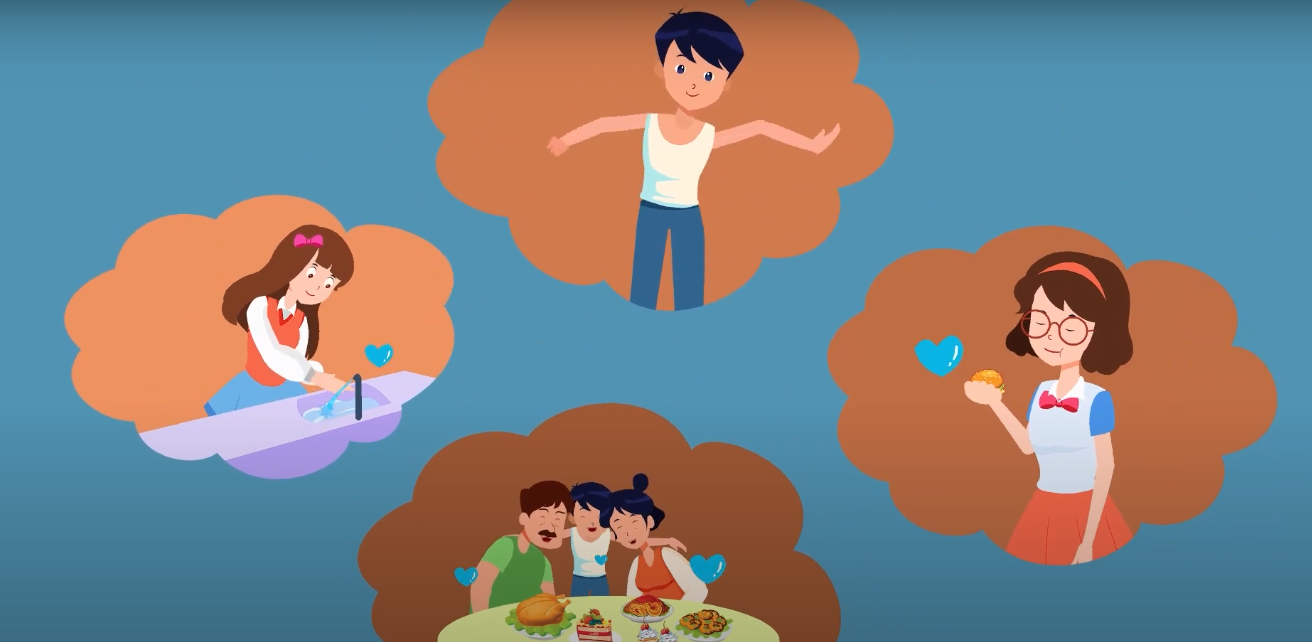During an outbreak of Covid-19, exposure to information about epidemics, or disruption of daily routine and communication restriction could affect the psychological health of young children. are living in social assistance facilities.
IN THIS TIME CHILDREN CAN GO THROUGH FEELINGS AND THE FOLLOWING RESPONSE:
|
- Behave “childish” than the age of the child.
- Reduce your interest in fun activities.
- Sadness, more crying.
The child’s reactions during this stage are understandable. Children need to maintain a normal rhythm as possible, play and be happy so that they can promote feelings of trust and safety.
YOU NEED TO REMEMBER:
|
WHAT YOU NEED TO DO:
- Patient and understanding. Let them know that you are ready to talk to them at any time.
- If your child doesn’t want to talk, try to find other ways for them to express, for example through drawing or playing.
- When they share, pay attention and listen to what they say. Let your child talk about their concerns and fears.
- Use simple ways to comfort and reassure children, helping them release stressful emotions.
- Don’t get angry when your child acts aggressively, or out of the way. Be patient to find out what causes these problems.
- Keep routine and routine as much as possible
- Create conditions for children to connect regularly with family and relatives (if any)
- Regularly praise your child for his or her strengths.
- Pay attention to taking measures to meet the unique needs of special groups of children, such as children with disabilities.
- Be an example for your child: you need to take good care of yourself and control your emotions well to create a positive, reassuring environment around your child at the social assistance facility.
IF A CHILD IS A SERIOUS PROBLEM OF FEELING AND STAFF, FIND HELP BY:
Call the National Child Protection Call Center 111 (available 24/7) or
Call the Center for Women and Development Hotline
0946.833.380/ 0946.833.382/ 0946.833.384







